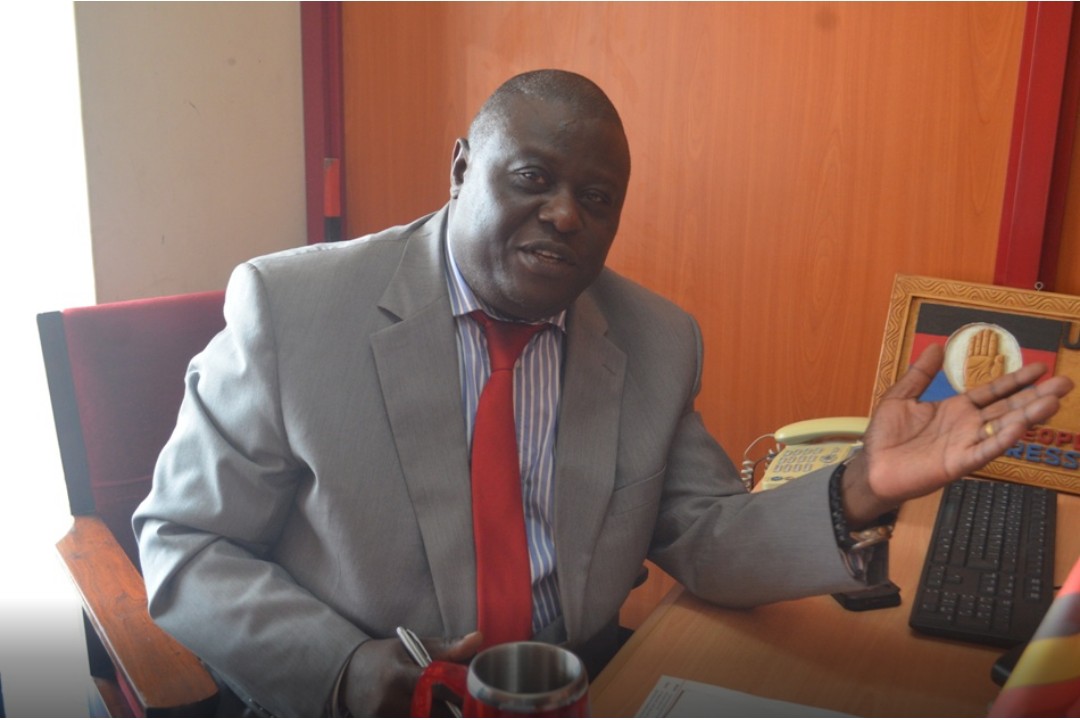Opposition Uganda Peoples’ Congress (UPC) has welcomed the Democratic Party’s 2021 election strategy dubbed One-to-One which is aimed at sourcing and fielding a single opposition candidate at all elective position in the country, but with some reservations.
According to DP, research has proved that different opposition parties have different strength in different regions and sub-regions in the country and have proposed to zone the country according to each party’s strength in order to edge the ruling party.
Read More: DP Launches One-to-One 2021 Strategy Pushes for Regional Opposition Representation
In an interview with SoftPower News, the UPC’s spokesperson, Michael Osinde Orachi noted that the party is still studying DP’s proposal and will take an appropriate decision at the right time.
“We want to applaud DP for mitigating the internal rifts by welcoming back the different break-away parties which we believe is a good strategy. We also appreciate that zoning would be a good idea but our experience from the past alliances leaves a lot to be desired,” Osinde said.
“We noted why The Democratic Alliance (TDA) and Inter-party Coalition (IPC) failed was because some people would speak with their mouths yet their hearts were different,” Osinde.
“When we reach on the ground, we are better off first strengthen ourselves and identify UPC candidates in all areas in the country and then go to a negotiating table or else one can’t presume to have zoned off a certain area”.
He said that there is still interest among people (including past members) from different parts of Uganda, arguing that DP’s proposal to zone off some areas basing on the past results would be wrong.
“We are on the campaign of identifying flag bearers across the country and from there, we can tell which area have we failed to field a candidate and then allow other opposition parties to take up such area,” he said.
He however noted that DP’s idea has just come and needs to be analysed across the different fora such as the Inter-Party Organisation for Dialogue (IPOD) and the National Consultative Forum (NCF).
According to the research by DP, the party is dominant in Buganda region, Acholi sub-region, Busoga and Sebei while FDC is dominant in Kigezi, Bunyoro, Ankore, Toro and Bugisu.
The same study indicates that Mugisha Muntu’s Alliance for National Transformation (ANT) is a strong in the Rwenzori region as well as some parts of Teso while UPC is dominant in Lango, Karamoja and Teso.
As the political activity boils up ahead of the 2021 general elections, it remains to be seen whether opposition parties will embrace the idea by DP or chose to go it alone across the country.
According to the election roadmap released by the Electoral Commission released last month indicates that Presidential, Parliamentary and local government polls will take place between January 11 and February 9 in 2021.








